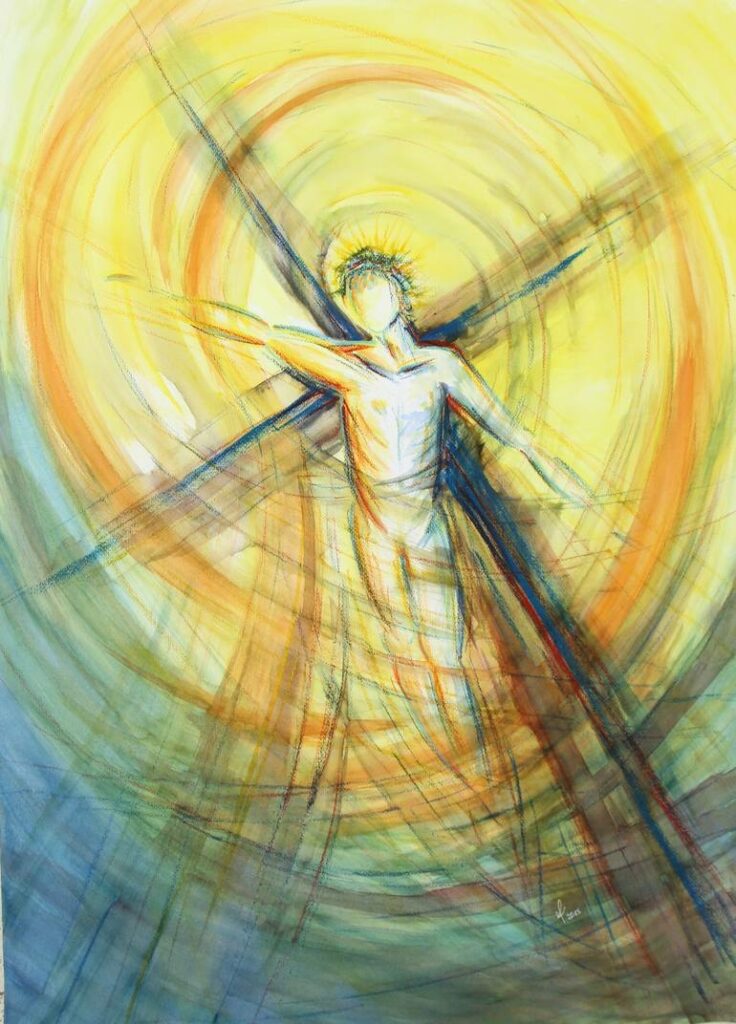Holy Week began with the Entry into Jerusalem, which the Church marked in the liturgy for Palm Sunday. In the Gospel accounts, both St Matthew and St Mark note a particular detail: the Lord entered the Temple, cleared it out, and overturned the tables of the money-changers and pigeon-sellers (Mt 21:12, Mk 11:15). Given that the money-changers and pigeon-sellers were part of the supporting industry for pilgrims, their misdemeanours may not seem particularly heinous, although the sanctity of the Temple clearly required greater respect. But the point has to do with ‘overturning the tables’, because everything after that is based on the overturning of expectations. The triumphant entry into Jerusalem that is not what it seems; the astonishing gesture of service in the washing of feet; the sharing of bread and wine as the embodiment and perpetual re-presentation of sacrificial death; the annihilating experience of Good Friday; the commending of the Mother of God as mother of the beloved disciple; death transformed into life; the gardener who is the risen Christ: in all of these things, expectation is overturned, and Easter calls us again to open our minds to the infinite and wondrous capacity of God.
Alleluia: Christ is Risen! He is Risen indeed: Alleluia!


